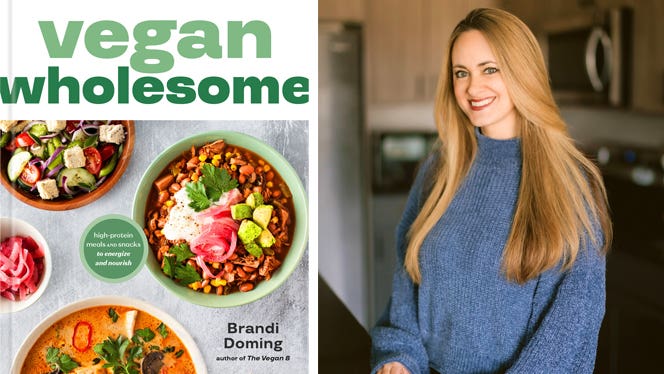Your blood cholesterol levels have a profound impact on your risk of cardiovascular disease, so it’s important to understand the facts about how cholesterol works. Let’s review three of the most common cholesterol-related myths, along with the science to bust them wide open.
MYTH #1: We need to eat cholesterol.
Cholesterol has important functions in our bodies, but we are actually capable of making all the cholesterol we need, even if we consume a zero-cholesterol diet. Virtually every human tissue can make cholesterol; most is made by the liver, intestine, adrenal glands, and reproductive organs.
MYTH #2: The cholesterol we eat doesn’t matter.
Actually, cholesterol in food does raise blood cholesterol, though not as predictably as do saturated and trans fats. The point may be moot, as most foods that contain cholesterol also contain saturated fats. The effect that dietary cholesterol has on your blood cholesterol depends in part on the rest of your diet: If your diet is already high in saturated fats and cholesterol, adding more cholesterol won’t have as much of an effect. But if your diet is healthy overall, more dietary cholesterol will cause a greater increase in your blood cholesterol. Also, high-cholesterol foods, such as eggs, have been shown to promote LDL oxidation and increase cardiovascular risk.
MYTH #3: Raising your “good” HDL cholesterol protects against cardiovascular disease.
Not necessarily! Research shows that the function of your HDL particles is probably more important for lowering cardiovascular risk than the HDL level reported on your blood test results. In its normal state, HDL is an anti-inflammatory, antioxidant particle that is responsible for cholesterol efflux—the removal of excess cholesterol from our tissues, especially the blood vessels. But HDL can become dysfunctional and pro-inflammatory in situations of oxidative (cellular) stress. For example, saturated fats, which are known to raise HDL, also have been shown to render HDL more inflammatory and atherogenic. So you shouldn’t celebrate a rise in your HDL cholesterol if you got there simply by eating more saturated fats.
THE BOTTOM LINE?
Eating a diet rich in plant foods, and low in added sugar, animal foods, and ultraprocessed foods, is a great way to optimize your cholesterol panel and dramatically reduce your cardiovascular risk.

Related News
Save 40% This WeekOn Forks Meal Planner

Forks Meal Planner takes the hard work out of making nutritious meals the whole family will enjoy.
SAVE $200 ON OUR ULTIMATE COURSE

Join our best-selling course at a new lower price!


